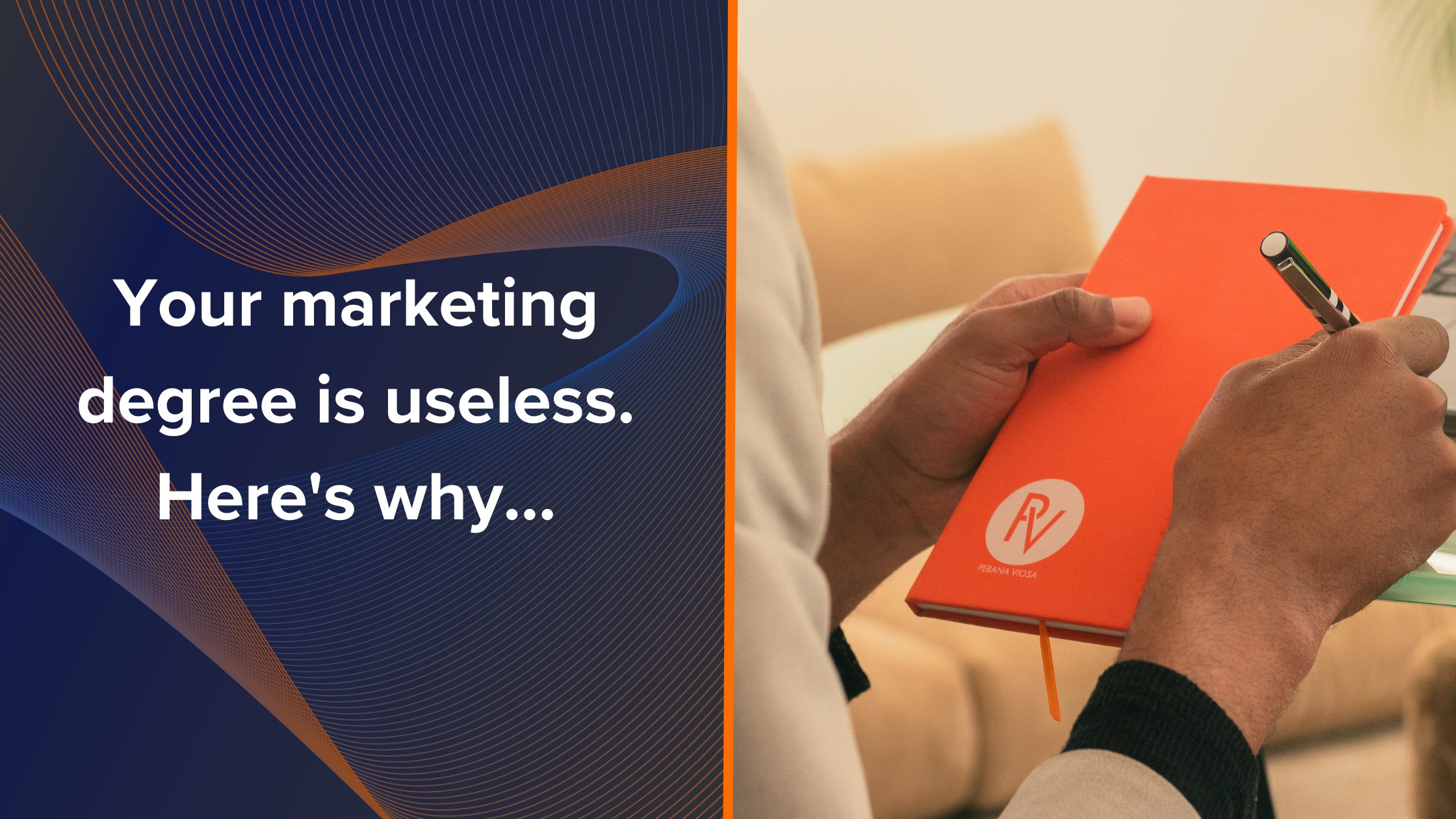Building a pandemic-proof business through smart marketing
There’s no surefire way to predict what tomorrow holds. For all the predictive models there are, there are also no guarantees. If we could tell the future, we’d likely not have as many setbacks in our present.
When the COVID-19 pandemic swept across the world, hospitality and event businesses probably suffered the most. People weren’t travelling, out of fear or government regulations, and services perceived to be luxuries just weren’t in as high demand. It affected the likes of day spas and wellness centres and therefore mental and emotional health of society at large.
What’s the real business threat?
There are perceived threats and then there are legitimate threats. Perceived threats are specific to you, your perception of what’s dangerous and how best to stay alive through it. Legitimate threats actually do jeopardise your company’s longevity or the safety of your team.
A pandemic is a legitimate threat for many reasons but as it is said: it is not the strongest who survive, but those most adaptable to change. The more prepared you are to adapt for change, the less severe the threat of a pandemic will be.
How did some establishments innovate during COVID-19?
Some options seem obvious or uninspired but it must be noted that the operating costs of businesses, especially those that require trade and health and safety licences and certifications, are extremely high in some nations. Those who don’t prepare to innovate in time don’t make it through the storm. Here are the most common ways that hospitality companies navigated the unprecedented economic pause:
- Restaurants sold meals for delivery and as heat-and-eat options.
- Many restaurants also created their own products like sauces, spreads and condiments for sale online.
- Hotels, day spas and travel agencies sold a selection of vouchers and cut their operational costs drastically (not always in the most appropriate way).

While it kept some businesses afloat, was it really the best way to go about it?
Not every business survived, even trying to apply these things. Why was that? What went wrong? How do you protect your hospitality business from the next potential pandemic?
Prevention is best because sometimes there is just no cure
Even better than the ability to adapt to change is the ability to embrace it from a distance. When you not only know that change is coming, but are at peace with that fact, it helps you empower your staff, optimise and train for your processes in context and then gear up or down on your operating costs, as you need to.
We speak about business continuity a lot with our clients. Our mission is to be prepared and have plans and processes in place for the worst case scenario, with the faith that we won’t need to depend on them to survive. Rather have something and not need it than need it and not have it.
People
Empower your people. In the hospitality industry, traditional hierarchy still means everything. Being a food and beverage manager signals your decision-making power, your status, your elevated rank. Sadly, if only the food and beverage manager can make certain decisions, it’s too easy to collapse the entire food and beverage operation by not training anyone else.
Train your people on how to make decisions and run the business, like links in a chain:
- Your spa treatment therapists should know how to take payments and make bookings.
- Your receptionist should know what inventory you keep and understand your supply chain, internal chain of command and how to communicate with all stakeholders.
- Your cleaning staff should be trained in hospitality and customer experience.
- Train people on how to identify issues, like low inventory, faulty equipment and revenue loss.
- Give people the resources they need to fix the issues they identify: contact details; information access; floor plans of your wellness centre; outsourced communication training.
Most importantly, let go and let people do their jobs. Allow people to show you whether the reason you hired them is justified. Hospitality businesses are people-first businesses and too many of them are not structured or managed appropriately, which is a key reason the organisations fail at navigating tough times.
Hire and develop skills within the right people and they will reward the business and each other with outstanding performance quality.
Processes
Once the right people are in place, it’s critical to review your business processes. Unfortunately so many businesses hire interns and expect them to take responsibility for things or, in a rush to deliver on client expectations, forget to process information rationally and methodically.
When you trust your processes and know them well enough (by practising them regularly), you can make decisions from a place of strategy, without that infamous level of pressure and stress as a hospitality business owner or manager. Your marketing processes are especially important and you should always be clear about what falls under ‘business as usual’, aggressive revenue generation efforts or survival mode.
Give people the power to recognise which process must be relied upon under which context. It’s the contextual knowledge and awareness that you really want and need for your business to endure through unforeseen circumstances.
Technology
Triangulation provides extra strength in physical structures, and the same goes for your marketing and business management principles. Technology would be the third piece around which to make key decisions and set contextual rules. You need to know which subscriptions and tools are nice to have and which ones will help you keep the lights on.
If you don’t know what to keep or cull, how must your staff know?

What does smart marketing look like?
For hospitality businesses like hotels, day spas and restaurants, smart marketing involves thinking ahead, expecting the worst and planning for it while working toward the targets and goals you set and share with the other people in your business. Pandemic-proof marketing must involve:
- Audit your business from a holistic perspective. Get specialists in to help you see where your most wide-open opportunities are, for empowering your people, developing and refining your processes and stabilising your technology and equipment dependency and flow.
- Use the outcomes of your business-wide audit to hone in on your marketing and communication team, processes and tools. Before you seek out quotes from providers, question your understanding of what’s actually required.
- Most small hospitality businesses have limited access to quality marketing talent because of their budgets. Jump online and connect with foremost marketing professionals like our Founder, Prenessa Nalliah, who are willing to answer your questions, no matter how silly you might think they are (seriously, try us — we live to help people like you every day).
- Make sure you reach a point of appropriate understanding before requesting quotes! This way you’ll know what to ask for and you can even get our help comparing your quotes and choosing the right provider. It’s your small hospitality business that matters most, here.
- Know your numbers. We say this a lot because of how important it is. Finance and marketing departments must work together if the business is to survive tough times.
- Be clear about your goals and timelines. Don’t move the goalposts every week. Leave time for campaigns to be developed, deployed and for the results to be analysed so that you can make the next decision, based on your contextual rules and the performance data.
Smart marketing prevents terrible events in the marketplace and society at large from destroying your hospitality business. As a brand that has walked countless small businesses through this process since 2013, we’re ready to help you pandemic-proof your company’s marketing and operation. Ask us anything about marketing by using our contact form.
Related Articles

Your marketing degree is useless. Here’s why…
Before you apply for a Marketing Degree, read this article.

You need a lot more than the business idea
An idea, by itself, is incapable of changing the world. It takes a lot more to build a flourishing business and that’s what we’re talking about in this article…

Drive your business growth through data-driven decision making
Driving business growth through data-driven decision-making requires much more than A/B testing your strategies.
